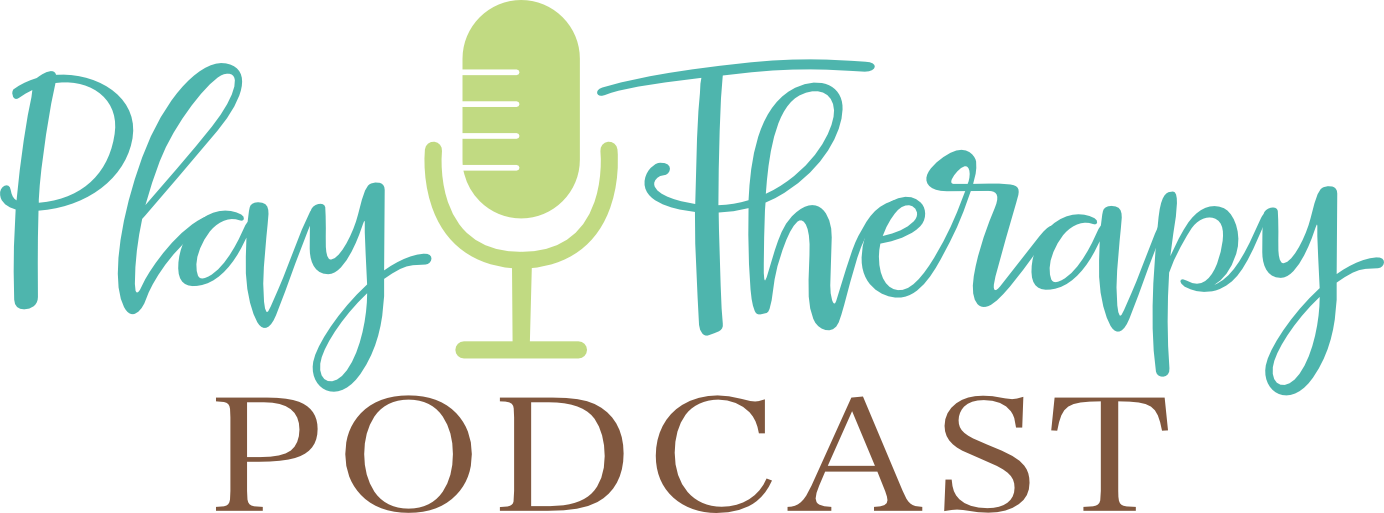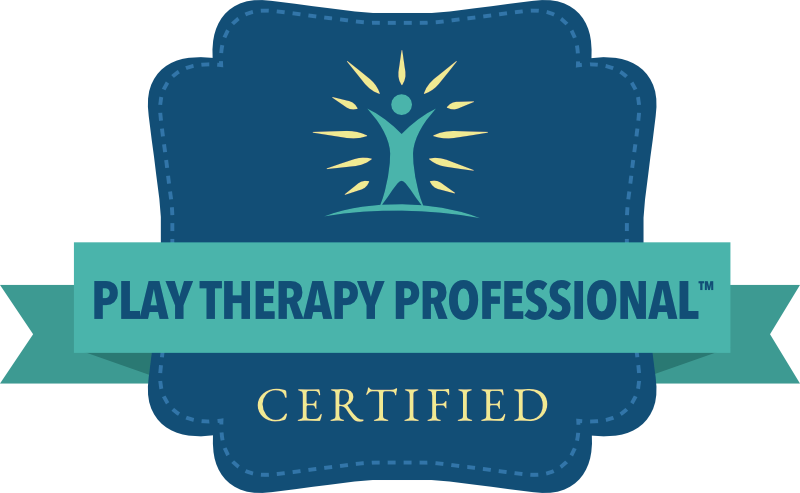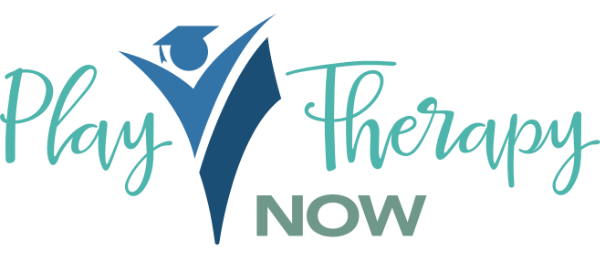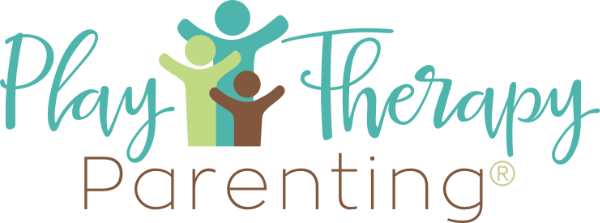Silence in the Playroom: Navigating Child-Centered Play Therapy with a Selectively Mute Child
In this episode, I tackle a nuanced situation shared by Nell from Maryland, a play therapist working with an 11-year-old client who does not speak during therapy sessions. Despite not being diagnosed as selectively mute, the child exhibits behaviors akin to selective mutism, engaging in play but not verbal communication.
While the child’s parents are fixated on verbalization as the primary goal, I offer a crucial reframing. I also discuss the child’s interaction with toys, particularly stuffed animals, to communicate and express themselves, highlighting the significant progress this represents.
My advice to Nell and all child-centered play therapists is twofold: first, we must clearly set expectations with parents from the start, helping them understand the stages, timelines, and principles of this therapeutic approach. Second, we must remain unwavering in our commitment to those principles, respectfully yet firmly guiding parents to trust the process and our clinical expertise. Forcing verbalization would undermine the child-led nature that allows for organic healing.
This discussion serves as a reminder of the transformative power of patience, understanding, and adherence to the child-centered play therapy model.
If you would like to ask me questions directly, check out www.ccptcollective.com, where I host two weekly Zoom calls filled with advanced CCPT case studies and session reviews, as well as member Q&A. You can take advantage of the two-week free trial to see if the CCPT Collective is right for you.
Ask Me Questions: Call (813) 812-5525, or email: [email protected]
Brenna’s CCPT Hub: https://www.playtherapynow.com
CCPT Collective (online community exclusively for CCPTs): https://ccptcollective.com
Podcast HQ: https://www.playtherapypodcast.com
APT Approved Play Therapy CE courses: https://childcenteredtraining.com
Twitter: @thekidcounselor https://twitter.com/thekidcounselor
Facebook: https://facebook.com/playtherapypodcast








